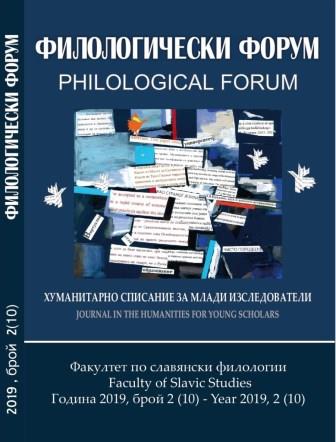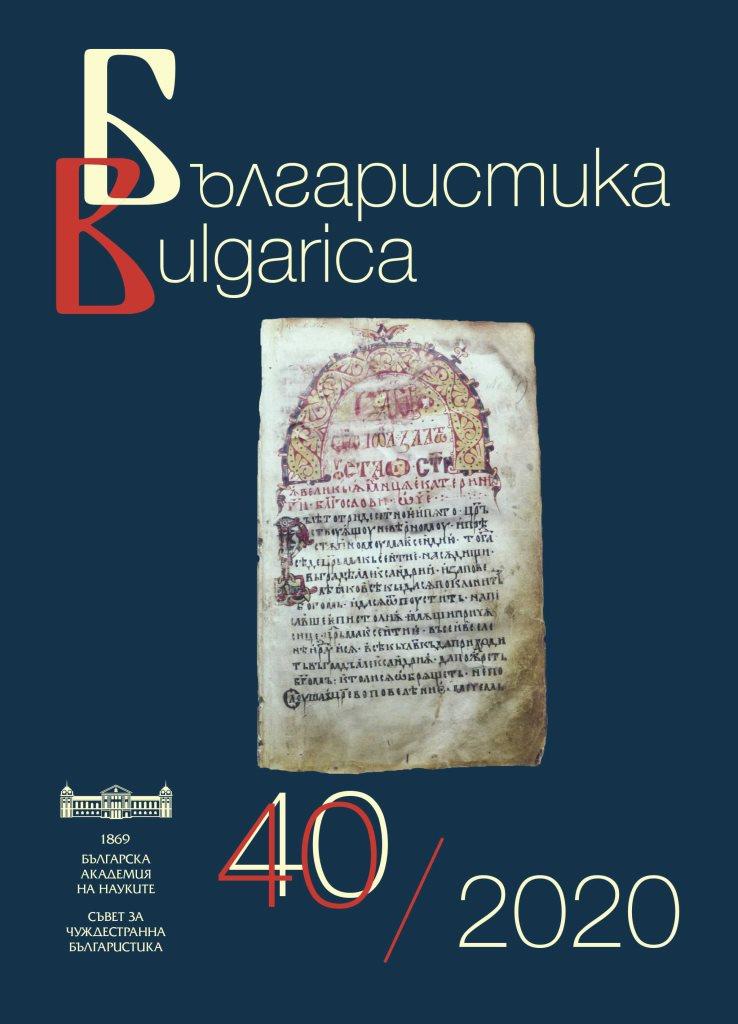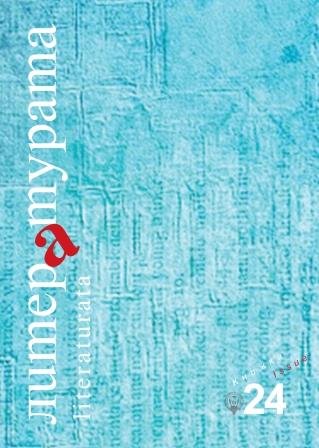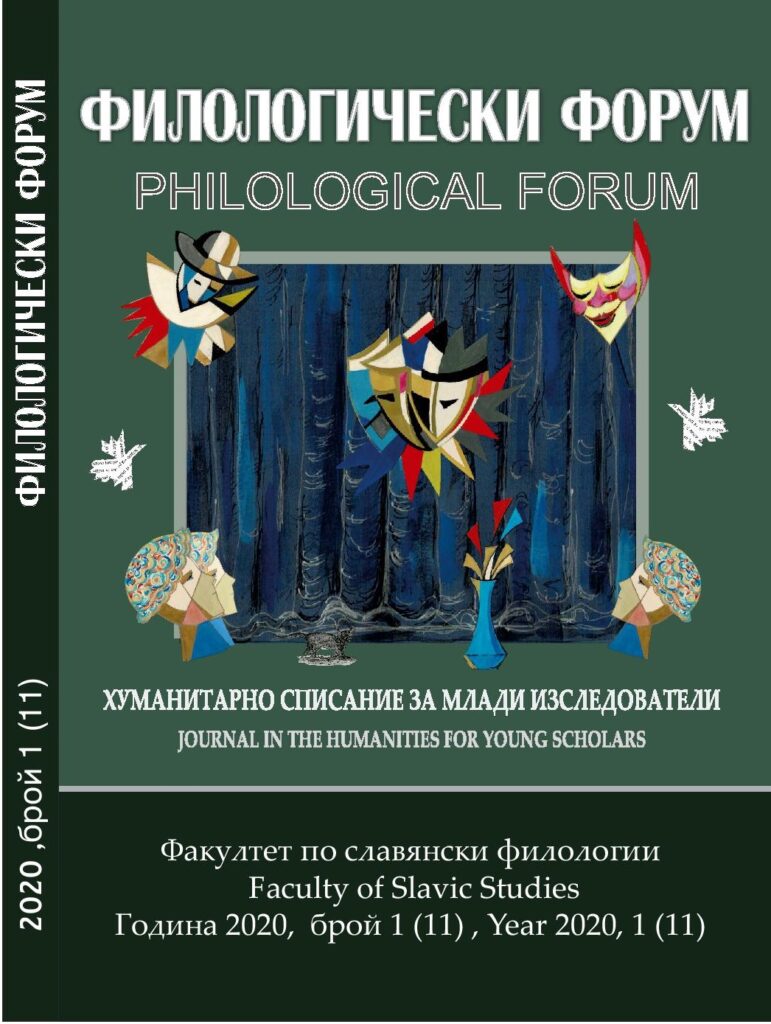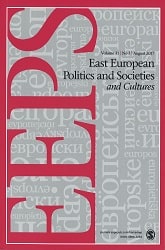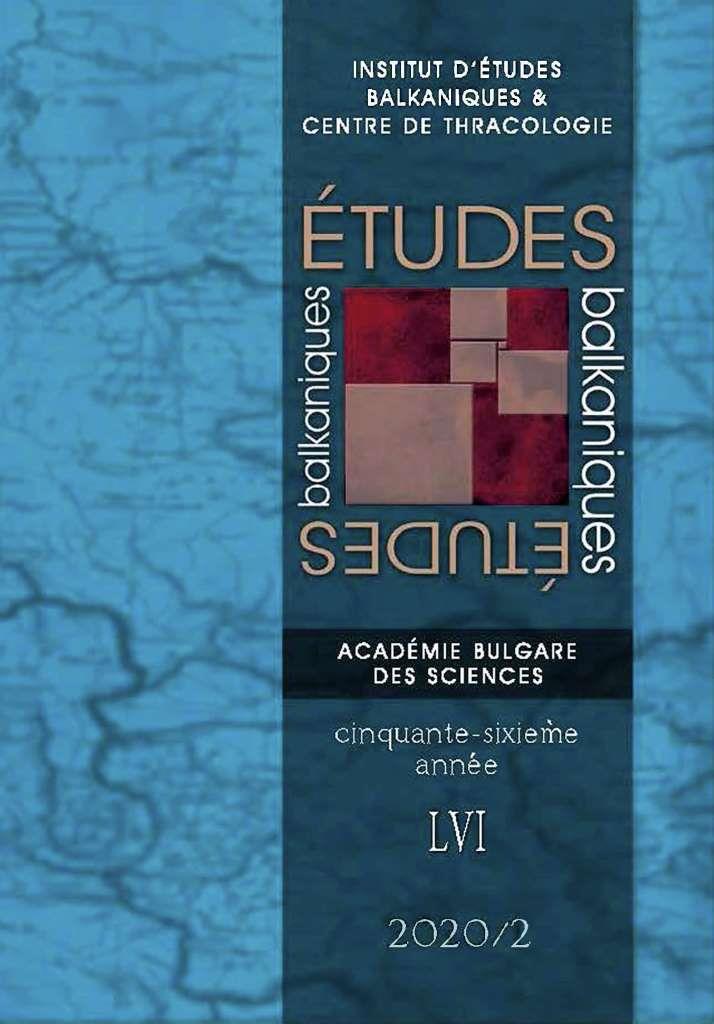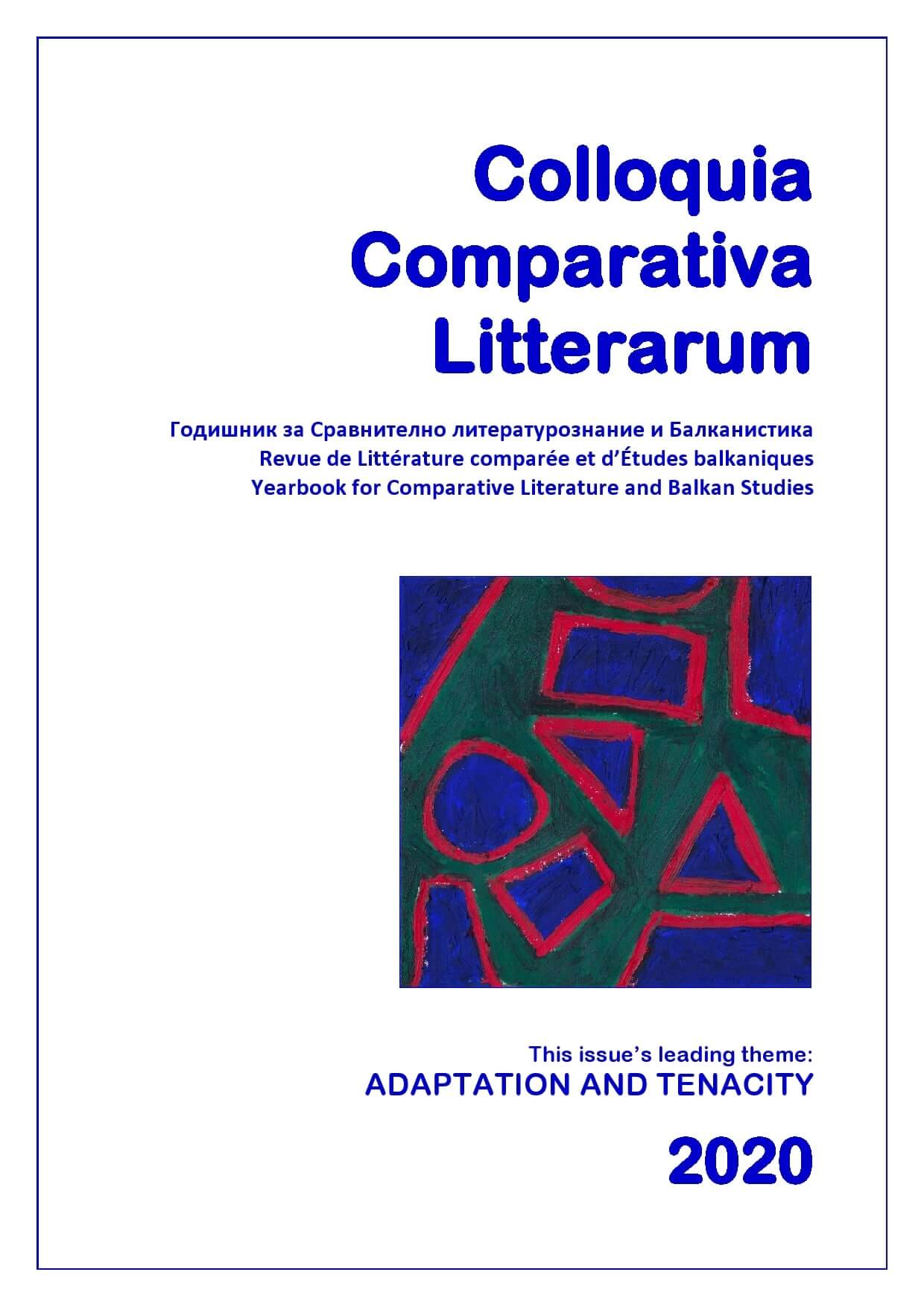
What Languages Did Enlighteners Speak and Write in? Periodicals in Multilingual Environments: The Case of Shutosh (1873-1874)
На какви езици говорят и пишат просветителите? Периодични издания в многоезична среда: Случаят „Шутош“ (1873-1874)
Keywords: bilingualism; diglossia; multilingual environments; Teodor Kasap; Shutosh; Petko Slaveykov
Residing within the confines of the multi-cultural and multi-lingual Ottoman Empire Bulgarians spoke and wrote in different languages, depending on the type of communication and the audience. This paper presents several examples of Bulgarian enlighteners from the 19th century who used a language other than their own native Bulgarian. Shutosh was a comic newspaper, published in Istanbul in the 1870s. It was the Bulgarian version of a periodical owned by the Greek Teodor Kasap. Almost all publications in the newspaper were either anonymous, or signed with pen names. Large parts of them were translations, but neither the names of the authors, nor the translators were mentioned. One such translation was in fact an adaptation of Voltaire’s Zadig ou la Destinée. This article traces the history of that newspaper and presents some of its publications that have to do with literature.The observations lead to the conclusion that there was considerable multilingualism among Bulgarians in the mid-19th century. There were some multilingual periodicals, and there were texts published in languages other than Bulgarian and Greek. After the establishing of the new Bulgarian state (not so much in Eastern Rumelia), the trend changed and the Bulgarian language gained its high status and almost monopoly position, as well as the status of a lieu de mémoirе.
More...
